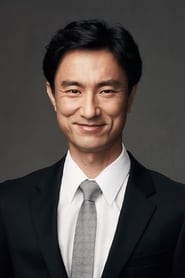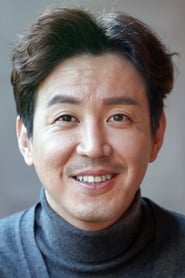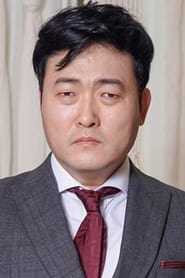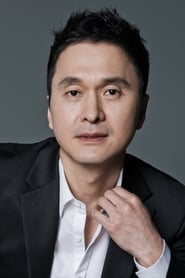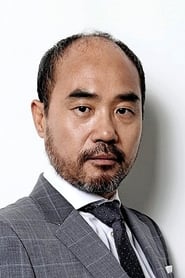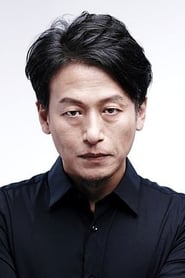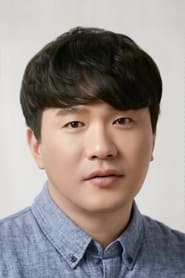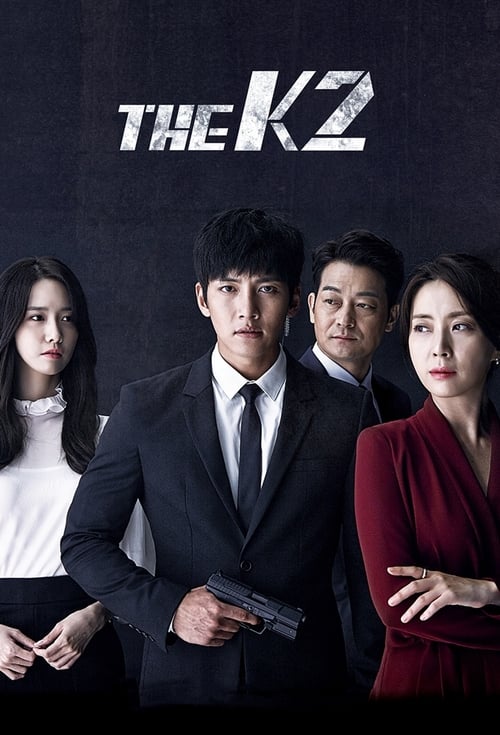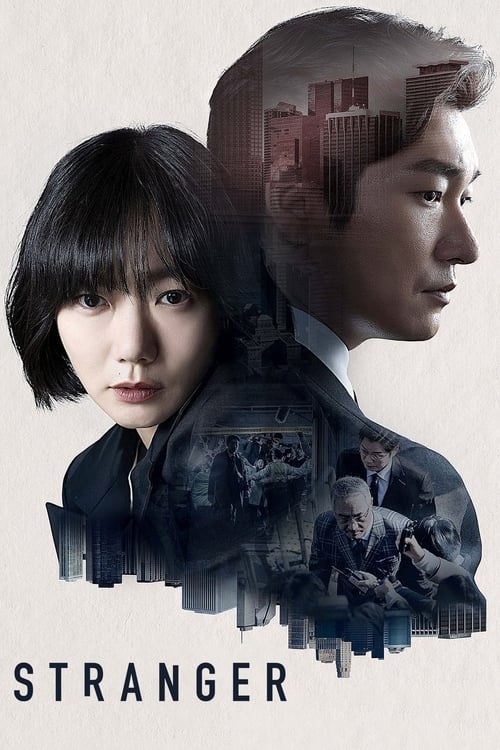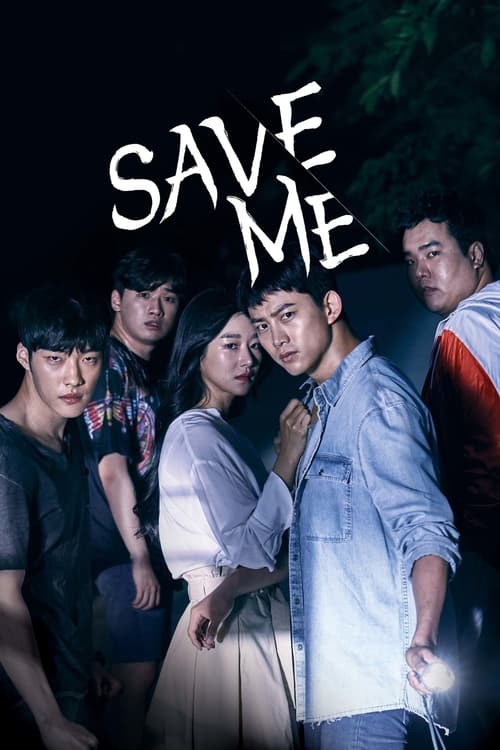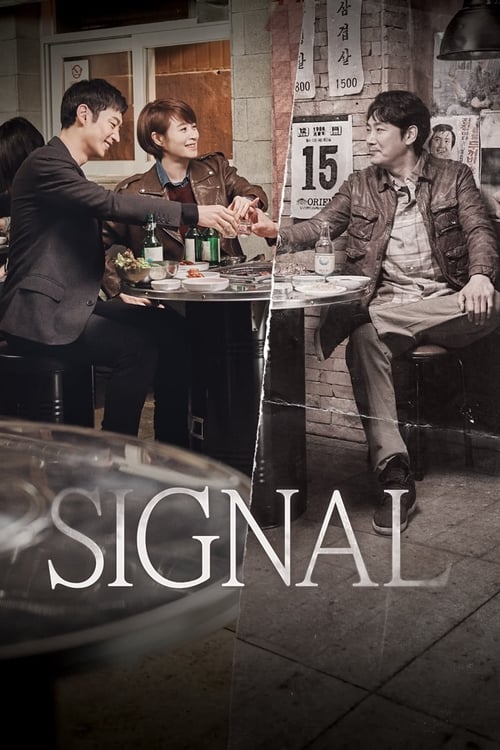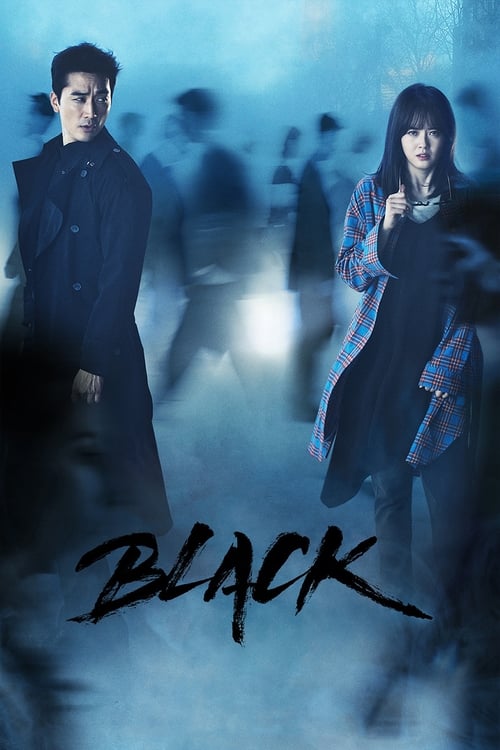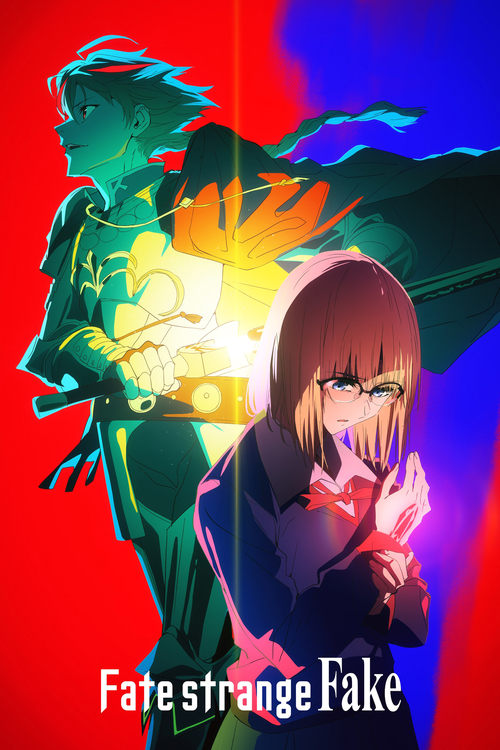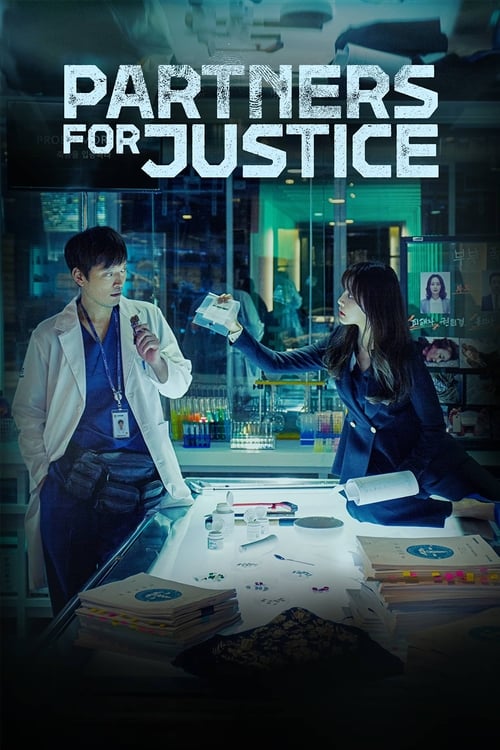
Ask Your Own Question
What is the plot?
The episode opens with a tense scene in a hospital where a patient, who is later revealed to be a criminal, is being treated. The atmosphere is charged with urgency as doctors and nurses rush around, trying to stabilize him. Among them is Dr. Ki Seok, a skilled and dedicated physician. He is shown to be compassionate, going above and beyond for his patients, which establishes his character as someone who values life and healing.
As the scene unfolds, it becomes clear that the patient is not just any ordinary person; he is a notorious criminal involved in a high-profile case. The police are present, ensuring that he is guarded closely. Dr. Ki Seok is seen interacting with the police, showcasing his professionalism and the tension between the medical staff and law enforcement. The patient's condition worsens, and despite Dr. Ki Seok's best efforts, he dies on the operating table. This moment is pivotal as it sets off a chain of events that will drastically change Dr. Ki Seok's life.
Following the death of the patient, Dr. Ki Seok is called in for questioning by the police. They suspect foul play and are eager to pin the blame on him. The interrogation is intense, with the police pressing him for answers. Dr. Ki Seok maintains his innocence, but the pressure mounts as they reveal that the patient had connections to powerful figures. This moment highlights the precarious position he finds himself in, caught between his duty as a doctor and the implications of the patient's criminal background.
As the investigation continues, Dr. Ki Seok faces increasing scrutiny from the hospital administration. He is suspended from his position, which devastates him. The emotional weight of the situation is palpable as he grapples with the loss of his career and the trust of his colleagues. This suspension marks a turning point for him, pushing him into a darker path as he seeks to clear his name and uncover the truth behind the patient's death.
In a parallel storyline, we are introduced to the prison environment where the narrative shifts to the character of a prison warden, who is shown to be corrupt and manipulative. He is involved in illegal activities, using his position to exploit inmates. This subplot serves to contrast the medical world with the harsh realities of the prison system, setting the stage for the intertwining of Dr. Ki Seok's fate with that of the inmates.
Dr. Ki Seok, determined to prove his innocence, begins to investigate the circumstances surrounding the patient's death. He reaches out to a former colleague, who provides him with information about the patient's connections and the potential cover-up. This moment showcases Dr. Ki Seok's resourcefulness and determination, as he is willing to risk everything to uncover the truth.
As he delves deeper, Dr. Ki Seok discovers that the patient was involved in a larger conspiracy that extends beyond the hospital. He learns about the corrupt practices within the prison system and how they are linked to powerful individuals. This revelation intensifies his resolve to expose the truth, even as he faces threats from those who want to keep the conspiracy hidden.
The episode culminates in a dramatic confrontation where Dr. Ki Seok confronts the warden in a tense exchange. The warden, realizing that Dr. Ki Seok is getting too close to the truth, attempts to intimidate him. However, Dr. Ki Seok stands his ground, fueled by a mix of fear and determination. This confrontation is charged with emotion, as it represents the clash between good and evil, with Dr. Ki Seok embodying the fight for justice.
In the final moments of the episode, Dr. Ki Seok makes a pivotal decision to go undercover in the prison to gather evidence against the warden and his corrupt practices. This decision marks a significant shift in his character, as he transitions from a doctor to someone willing to risk his life for the sake of justice. The episode ends on a cliffhanger, leaving viewers eager to see how Dr. Ki Seok will navigate the dangerous world of the prison system and what challenges lie ahead.
What is the ending?
In the ending of "Doctor Prisoner," episode 1, the protagonist, Doctor Ji Hoon, finds himself in a precarious situation as he navigates the complexities of his new environment within the prison. He faces the challenges of his past while trying to establish his role as a doctor in a place filled with corruption and danger. The episode concludes with Ji Hoon making a significant decision that sets the stage for future conflicts, as he begins to uncover the dark secrets surrounding the prison and the people within it.
As the episode unfolds towards its conclusion, the tension escalates. Doctor Ji Hoon, having been wrongfully accused and imprisoned, is determined to clear his name and seek justice. He is introduced to the harsh realities of prison life, where he must not only treat the inmates but also navigate the treacherous dynamics among the prison staff and the inmates themselves.
In the final scenes, Ji Hoon is confronted by the prison warden, who embodies the corruption and power struggles within the facility. The warden's menacing presence looms over Ji Hoon, who realizes that he must tread carefully to survive. The warden makes it clear that he has no intention of allowing Ji Hoon to disrupt the status quo, and a tense standoff ensues. Ji Hoon's resolve hardens as he understands that he must use his medical skills not just to heal but to gather information and allies.
Meanwhile, we see glimpses of other key characters, such as the inmates who are wary of Ji Hoon but also recognize his potential as a healer. Their initial distrust begins to shift as they witness his dedication and compassion. This shift is crucial as it lays the groundwork for future alliances that Ji Hoon will need to navigate the prison's treacherous waters.
As the episode draws to a close, Ji Hoon makes a pivotal choice to stand up against the warden's intimidation. He asserts his position as a doctor, vowing to uphold his ethical responsibilities despite the risks involved. This moment is charged with emotion, as Ji Hoon's determination reflects his inner turmoil and desire for redemption. The episode ends on a cliffhanger, with Ji Hoon's fate hanging in the balance as he prepares to confront the challenges ahead, setting the stage for the unfolding drama in the episodes to come.
In summary, the ending of "Doctor Prisoner," episode 1, encapsulates Ji Hoon's struggle against the oppressive forces within the prison, highlighting his resilience and commitment to justice, while also hinting at the complex relationships he will forge with both inmates and staff as he seeks to reclaim his life and uncover the truth.
Is there a post-credit scene?
In "Doctor Prisoner," Season 1, Episode 1, there is no post-credit scene. The episode concludes without any additional scenes or content after the credits roll. The focus remains on the main narrative, which introduces the protagonist, a skilled doctor named Na Yi-je, who finds himself embroiled in a web of intrigue and conflict after being wrongfully dismissed from his position. The episode sets the stage for the unfolding drama without any extra scenes to follow.
What motivates the main character, Na Yi Je, to become a doctor in a prison setting?
Na Yi Je, portrayed as a skilled and dedicated doctor, is driven by a deep sense of justice and a desire to help those who are marginalized by society. His past experiences, including a wrongful conviction that led to his imprisonment, fuel his determination to provide care to inmates, whom he sees as deserving of compassion and medical attention despite their crimes.
How does Na Yi Je's relationship with the prison warden, Lee Jae Hoon, evolve throughout the episode?
Initially, Na Yi Je and Lee Jae Hoon have a tense relationship, as Jae Hoon is wary of Yi Je's intentions and capabilities. However, as the episode progresses, Yi Je's medical expertise and his genuine concern for the inmates begin to earn Jae Hoon's respect, leading to a complex dynamic where both characters must navigate their professional roles and personal beliefs.
What incident leads to Na Yi Je's conflict with the prison guards?
A pivotal moment occurs when Na Yi Je intervenes during a violent altercation between inmates and guards. His decision to prioritize the health of an injured inmate over the guards' orders creates a rift, showcasing his commitment to his medical ethics, but also putting him at odds with the prison's authority, which is more focused on maintaining control.
What role does the character of Kim Byung Soo play in the first episode?
Kim Byung Soo is introduced as a key inmate who becomes a patient of Na Yi Je. His character serves as a representation of the struggles faced by prisoners, and his interactions with Yi Je highlight the latter's compassionate approach to medicine. Byung Soo's backstory and his relationship with other inmates also provide insight into the prison's social dynamics.
How does the episode depict the theme of justice through Na Yi Je's actions?
Throughout the episode, Na Yi Je's actions reflect a personal quest for justice, not only for himself but for the inmates he treats. His refusal to turn a blind eye to the injustices within the prison system, such as inadequate medical care and abuse, positions him as a moral compass in a corrupt environment, emphasizing the theme of justice as he seeks to right the wrongs he witnesses.
Is this family friendly?
"Doctor Prisoner," Season 1, Episode 1, contains several elements that may not be suitable for children or sensitive viewers. Here are some potentially objectionable aspects:
-
Violence: The episode includes scenes of physical altercations and confrontations that may be intense or disturbing for younger audiences.
-
Medical Procedures: There are depictions of medical practices and surgeries that could be graphic or unsettling, particularly for those who are sensitive to blood or medical trauma.
-
Themes of Injustice: The storyline revolves around themes of betrayal, wrongful imprisonment, and moral dilemmas, which may be heavy and complex for younger viewers to process.
-
Emotional Distress: Characters experience significant emotional turmoil, including feelings of anger, despair, and betrayal, which could be upsetting for sensitive individuals.
-
Mature Language: There may be instances of strong language or adult themes that are not appropriate for children.
These elements contribute to a darker tone that may not be suitable for all audiences, particularly younger viewers.




